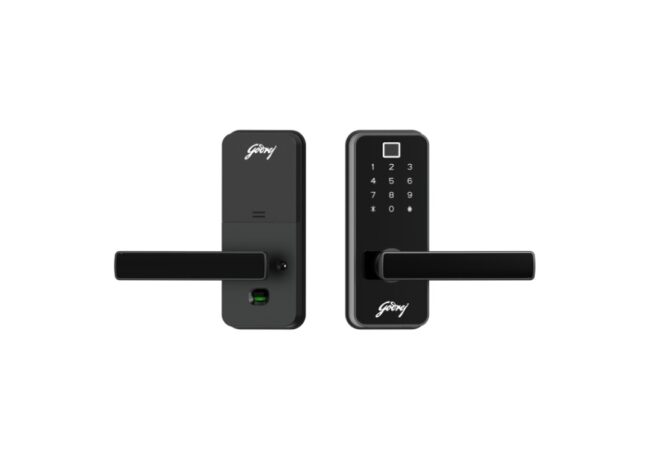
The Essence of Bonded Warehouses in Malaysia’s Trade Landscape
In the intricate tapestry of international trade, bonded warehouses serve as crucial threads that bring together the various elements. These facilities, known as ‘Gudang Berlesen Awam’ in Malaysia, are more than just storage spaces – they are strategic hubs that facilitate seamless import and export operations.
What is a Bonded Warehouse?
A bonded warehouse is a secure storage facility where imported goods are stored before customs duties are paid. These warehouses are under the regulatory control of the Royal Malaysian Customs Department. The beauty of these warehouses lies in their ability to defer the payment of customs duties. If the goods are re-exported, then no duty is paid at all.
How Bonded Warehouses Work in Malaysia
(Malaysia) bonded warehouses can be either public or private. A public bonded warehouse is accessible to multiple importers and exporters, while a private bonded warehouse caters exclusively to one company.
To operate a public bonded warehouse, companies must have at least 30% Bumiputera equity. This requirement is part of the government’s initiative to encourage the participation of the Bumiputera community in economic activities.
Once a company meets the equity requirement, it must apply for approval from the Royal Malaysian Customs Department. The application process involves providing Customs with extensive information about the warehouse and its operations. This data enables Customs to conduct comprehensive checks and ensure compliance with regulations.
The Role of Bonded Warehouses in Malaysia’s Trade Landscape
Bonded warehouses play a vital role in Malaysia’s trade landscape. They provide a secure environment for the storage of imported goods before customs clearance, ensuring compliance with regulations and minimizing risk.
Companies like Mitsui Soko Malaysia provide bonded warehouse services in key locations like Port Klang, Penang, Melaka, and Johor Bahru. These strategically located facilities facilitate smooth import and export operations, boosting the efficiency of trade activities.
Moreover, bonded warehouses also support Malaysia’s Free Trade Zones (FTZ). For instance, Tiong Nam Logistics Holdings has bonded/FTZ warehouses in Klang Valley and Johor Bahru with a combined capacity of over 1 million square feet. These facilities provide ample space for the storage and processing of goods, further enhancing the country’s trade capabilities.
Bonded Warehouses: A Necessity for Malaysia’s Trade Future
As Malaysia continues to strengthen its position as a global trading hub, the importance of bonded warehouses cannot be overstated. These facilities not only provide secure storage for goods but also offer a strategic advantage by deferring customs duties.
Moreover, they contribute to the country’s economic objectives by encouraging Bumiputera participation and supporting Free Trade Zones. As such, bonded warehouses are more than just storage facilities – they are a critical component of Malaysia’s trade infrastructure.
In conclusion, bonded warehouses are an essential cog in Malaysia’s trade machinery. They facilitate seamless trade operations, ensure regulatory compliance, and contribute to economic objectives. As Malaysia moves forward in its trade journey, these warehouses will continue to play a crucial role in shaping the country’s trade landscape.


